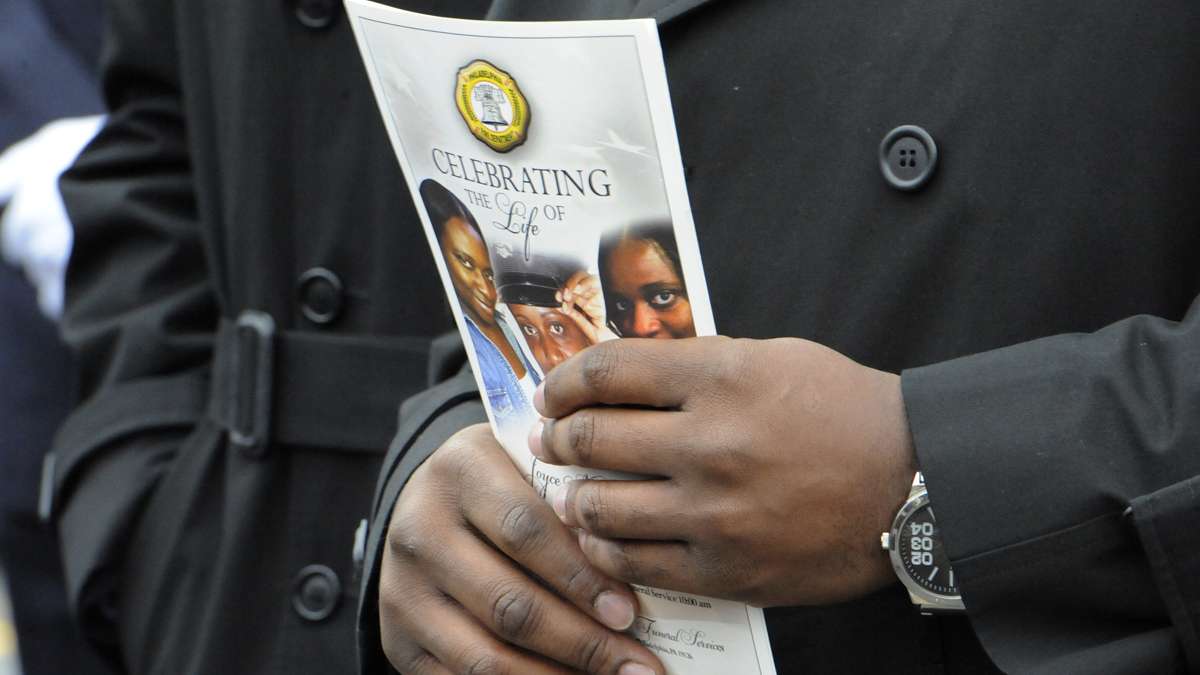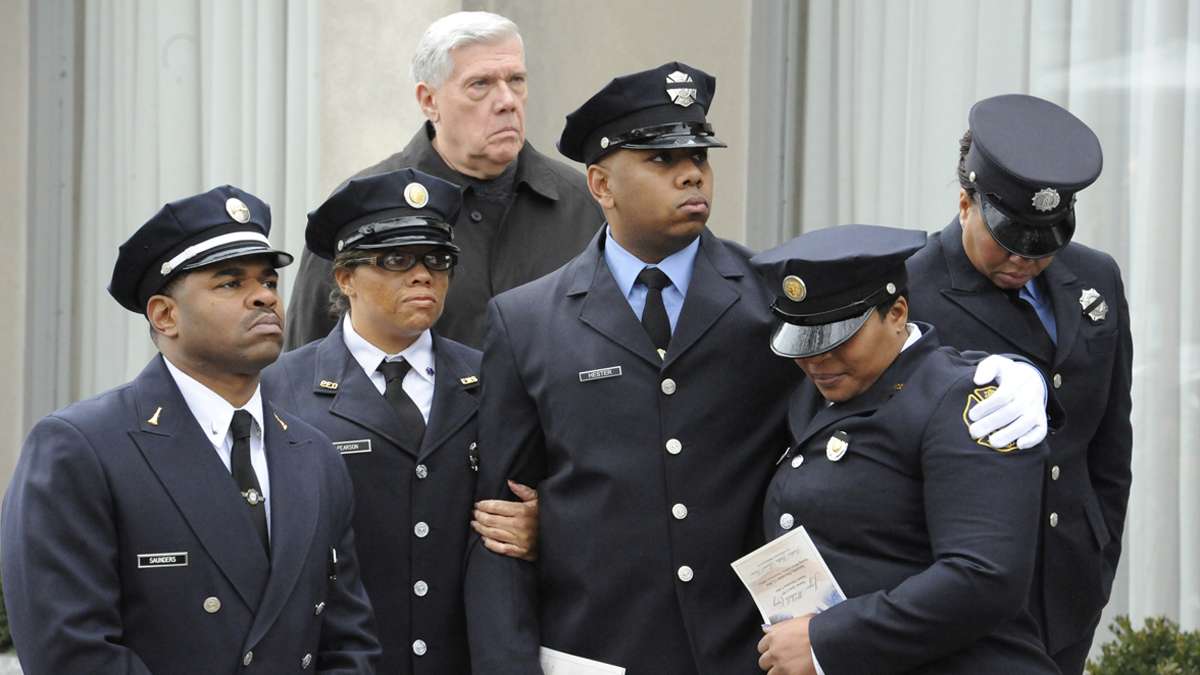David Hespe faces tough questions in N.J. Senate confirmation hearing
David Hespe’s qualifications to be confirmed as state education commissioner were never much of an issue; afterall, he held the job a decade ago.
But his confirmation hearing before the Senate judiciary committee yesterday still came with some pointed questions as to his positions and to those of his boss, Gov. Chris Christie, that may not have swayed votes but certainly added to the debate.
In the end, the committee voted unanimously to recommend confirmation for Hespe, presumably when the Senate meets next on Monday.
The vote will be more procedural than anything else, removing Hespe’s tag as “acting commissioner” but not much changing his job.
Still, he faced questions on several of the tough issues he confronts in that job, from the state’s ongoing takeover of its most troubled districts to salary caps for superintendents statewide.
Here were a few of the exchanges, including some candid admissions from the commissioner that not everything has gone quite as planned.
Cardinale v. HespeWhile the appointee of a Republican governor, Hespe probably faced his toughest questioning from one of the Senate’s most conservative members, state Sen. Gerald Cardinale (R-Bergen).
At one point, Cardinale said his vote was no means assured because of Hespe’s (and Christie’s) support for the Common Core State Standards, the national curriculum standards that have become a lightning rod for both the right and the left.
But Cardinale went especially hard at the Abbott v. Burke school-equity rulings that have largely dictated the state’s school funding for the past 40 years, eliciting from Hespe some telling comments both for and against.
When asked by Cardinale whether he thought Abbott had been a success or failure, Hespe hedged at first, calling it a “tough” call.
He went on to say that the successes have been significant, especially about the preschool mandates from the court that every three- and four-year-old in the 31 affected districts be provided high-quality programs.
But Hespe then said that other programmatic successes have been more elusive, in part a failure of philosophy but also economic times that have prevented the state from funding the programs to the court’s full mandate.
“It is hard to say that we have seen the gains in leaps and bounds,” Hespe said.
“New Jersey was at the forefront in the litigation [over school equity], but at what point do you say you have to do something different?” he said. “We have not seen what we need to see, and it has lasted a long, long time.”
Still, in closing, Hespe didn’t take Cardinale’s bait to attack the court outright for getting involved in school finance the first place.
But he said the executive branch serves to implement the laws enacted by the legislature and, at least at times, adjudicated by the courts. “Ultimately, it is all three branches of government,” he said.
Superintendent Salary CapsThe policy was put in place before Hespe took office, but it may prove to be one of his stickiest challenges: Christie’s unilateral caps on superintendent pay.
Enacted in 2011, the scaled caps topping at no more than $175,000 — the governor’s salary — for most districts have been widely criticized and challenged by local boards who say it has decimated school leadership in the state. Arguably, dozens of school superintendents have left the job prematurely instead of facing all but certain pay cuts.
When pressed yesterday by senators as to the merits of the caps, Hespe made no commitment but said the department was about to review the policy as a whole. The regulations effectively expire next year, leaving the administration at a crossroads to whether to extend or adjust the caps, or even end them altogether.
‘We will start that review in the next couple of months, and we will look at all the issues,” he said.
He said there had been some benefits to the caps and the turnover they have brought, including the opening up of jobs to a more diverse pool of candidates. But he also conceded that veteran leaders have been lost, including to neighboring states without the limits.
Other IssuesThese were hardly the only issues brought before Hespe, as senators raised a wide range of specific topics to take up with the governor’s point person on education.
The 180-day school calendar, the length of the school, the place of charter schools and school funding as a whole were all lines of questioning.
One of the more pervasive was the status of the state’s popular public-school-choice program, which started as a small pilot more than a decade ago but has expanded to include more than 100 districts and ballooned costs to the state fivefold.
“That is clearly not sustainable,” Hespe said. “We need to go back to the original intent and look at the fiscal reality, and see what we can do for the children that really need to be served.”
State Sen. Teresa Ruiz (D-Essex) is not a member of the judiciary committee, but she was vested a seat yesterday for the testimony given her role as chair of the Senate’s education panel.
And she did not pull her punches about what she thought were the shortcomings, if not outright failures, of the state’s operation of Newark schools. Newark is one of four districts under the states control, but as a Newark resident, Ruiz cited continued problems under state-appointed superintendent Cami Anderson.
“State takeover is not synonymous with state success,” she said.
At another point, Ruiz said that state takeovers have lost sight of the partnerships that are required with the local community. “In the past, that has not been the case,” she said.
Hespe said that the department has put heightened attention both in supporting the takeover districts and in holding them accountable, including a senior staff person dedicated to those districts.
________________________________________
NJ Spotlight, an independent online news service on issues critical to New Jersey, makes its in-depth reporting available to NewsWorks.
WHYY is your source for fact-based, in-depth journalism and information. As a nonprofit organization, we rely on financial support from readers like you. Please give today.


















